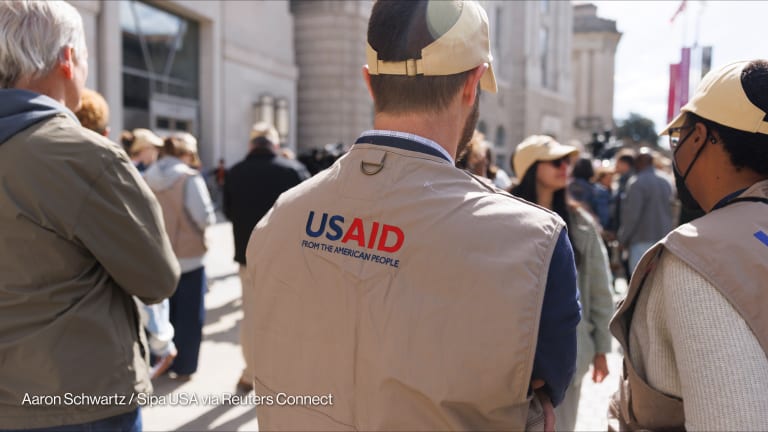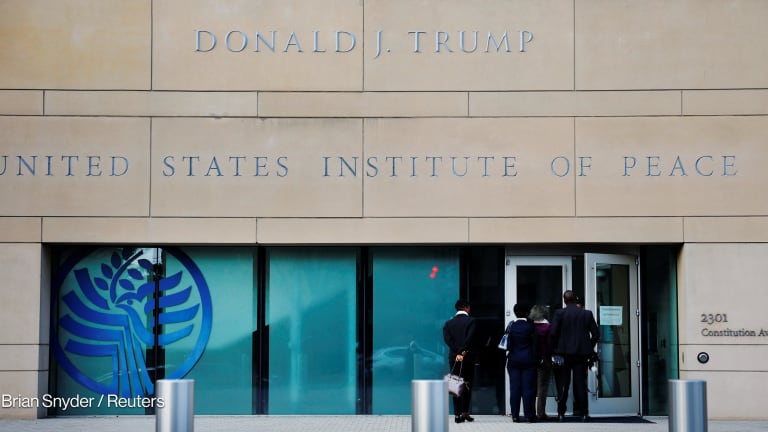Court rules Trump’s ousting of Inter-American Foundation head unlawful
After months of legal back-and-forth, a federal judge has ruled in favor of the Inter-American Foundation, an independent aid agency of the U.S. government that until earlier this year funded community-led development in Latin America and the Caribbean.
“Defendants’ reasoning essentially puts the Constitution at war with itself,” wrote U.S. District Judge Loren Alikhan in her opinion, which was published on Aug. 14. “Granting the President unfettered discretion to appoint who he pleases at the expense of fundamental checks and balances would not be faithful to the Constitution — it would enable the very “eighteenth[-]century despotism” the Framers [of the constitution] worked so desperately to prevent.”
Shortly after returning to office, President Donald Trump began to steadily dismantle the IAF and installed loyalists to positions of power. In early February, Trump declared that IAF — along with the U.S. African Development Foundation and the U.S. Institute of Peace — were "unnecessary.” And in the weeks that followed, all three institutions faced an existential crisis.
Search for articles
Most Read
- 1
- 2
- 3
- 4
- 5








